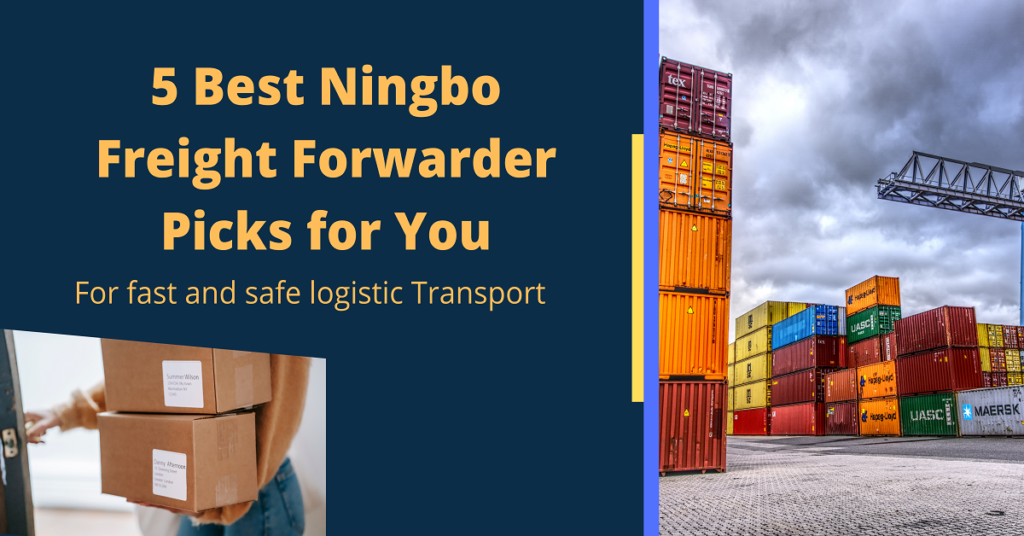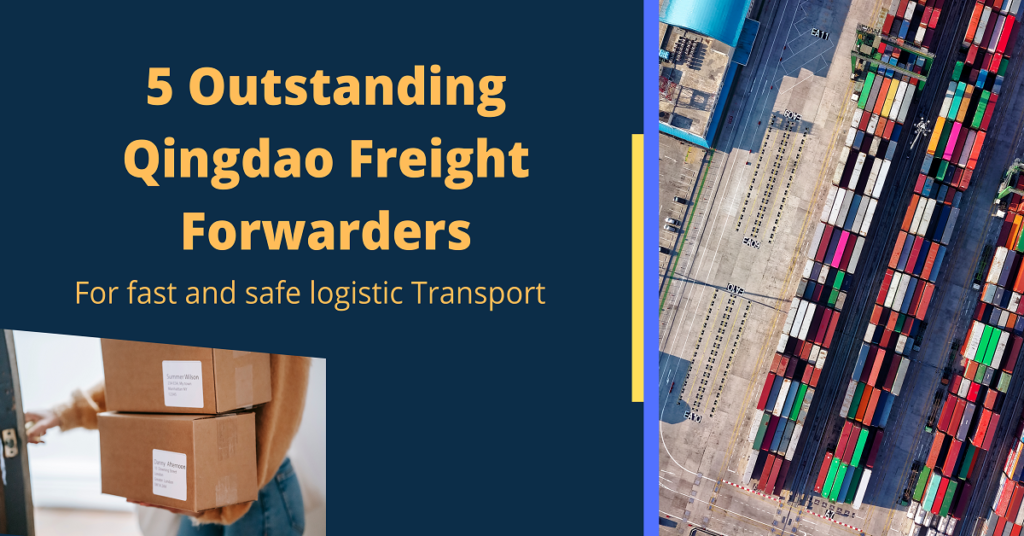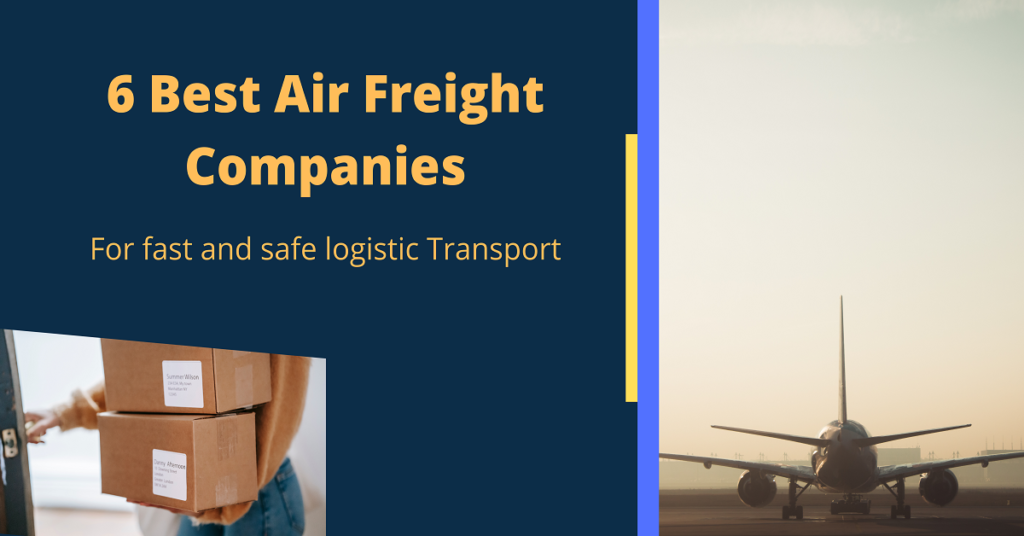What are DDP shipping terms?
Quite intuitively, it’s easy to notice that the Incoterm DDP (Delivered Duty Paid) is highly similar to DDU—they only differ in terms of the import process and payments of taxes and duties. Under this Incoterm, the only responsibility of the buyer is the unloading of the cargo and its charges. If they choose to transport the goods further, the buyer is also liable.
According to the ICC, the usage of DDP is excellent when delivering containerized freight. This Incoterm highly favors the buyer, so unless the seller is familiar with the destination country’s customs processes, they are likely to refuse using DDP.
DDP delivery condition: When to choose DDP term
Choosing to ship your goods using DDP terms should depend on the current conditions of the seller and the buyer. Here are some scenarios that would fit the usage of DDP shipping.
The freight forwarder contracted is familiar with the destination country’s customs processes. If they are unaccustomed to the import processes of the destination country, delays and violations are bound to happen. While the seller can receive losses if they choose to abandon the freight, the buyer can also be significantly affected.
The seller chooses a reliable method of shipping. Since the seller is responsible for all costs of shipment other than the unloading charges, they’re likely to choose the cheapest shipping options available. Cheaper shipments can mean lower shipping quality.
The buyer is okay with long transit times. Cheap shipping options are likely to have longer shipping times. Ocean freight forwarding is a popular choice for sellers, so ensuring that you have no strict time requirements is essential.
The buyer is ready for steep pricing. With the majority of the expenses in the shipment borne by the seller, they may include it in the costs of the goods.
The buyer is shipping to Amazon FBA. Amazon requires the usage of DDP Incoterms for all deliveries of inventory.
Buyer and seller responsibilities with DDP freight terms

Image Source: Incoterms Explained
Buyer’s responsibility under a DDP agreement
- Goods payment — payment for the commodities transported by the seller
- Assistance in import formalities — the buyer should cooperate with the seller in terms of providing the necessary documents for faster clearances
Seller’s responsibility under a DDP agreement
- Documentation — including the commercial invoice, Bills of Lading, sales contracts, and other pertinent documents
- Preparation of cargo — export packaging, labeling, and more
- Licensing and export customs processes — acquisition of all special certifications, goods handling licenses, and others
- Transport — from export haulage to the last leg of delivery to the named place of destination
- Export costs — freight shipping, loading charges, trucking, and more
- Import costs — import handling fees, customs clearances, payments of taxes and duties
- Inspection expenses — may be required by the customs authority of the destination country
- Proof of delivery — must be presented to the buyer once the goods arrive at the named location of delivery
DDP shipping: Is it a good choice? (Example explained)
DDP shipping is generally not a preferred Incoterm on many occasions—the seller can be unfamiliar with the buyer’s country’s customs laws. For instance, the freight forwarder contracted by the seller may not have had enough qualifications for customs clearance in the destination country, which can lead to drastic outcomes.
Another reason to avoid DDP is that it requires higher expenses than other terms in the “D” category. Unless required, other better choices are DAP and DPU, where the buyer handles the import processes and charges. On the other hand, DDP is preferred when the shipping market is stable and the buyer wants to avoid sudden surcharges.
DDP shipping from China
If you are using DDP shipping from China, you should ensure that the freight forwarder that you or your supplier works with is reliable and adequately qualified to do customs clearance in your country. This way, both parties can avoid delays and penalties. Once your goods from China arrive at the agreed-upon location cleared, you only need to spend on unloading fees.



